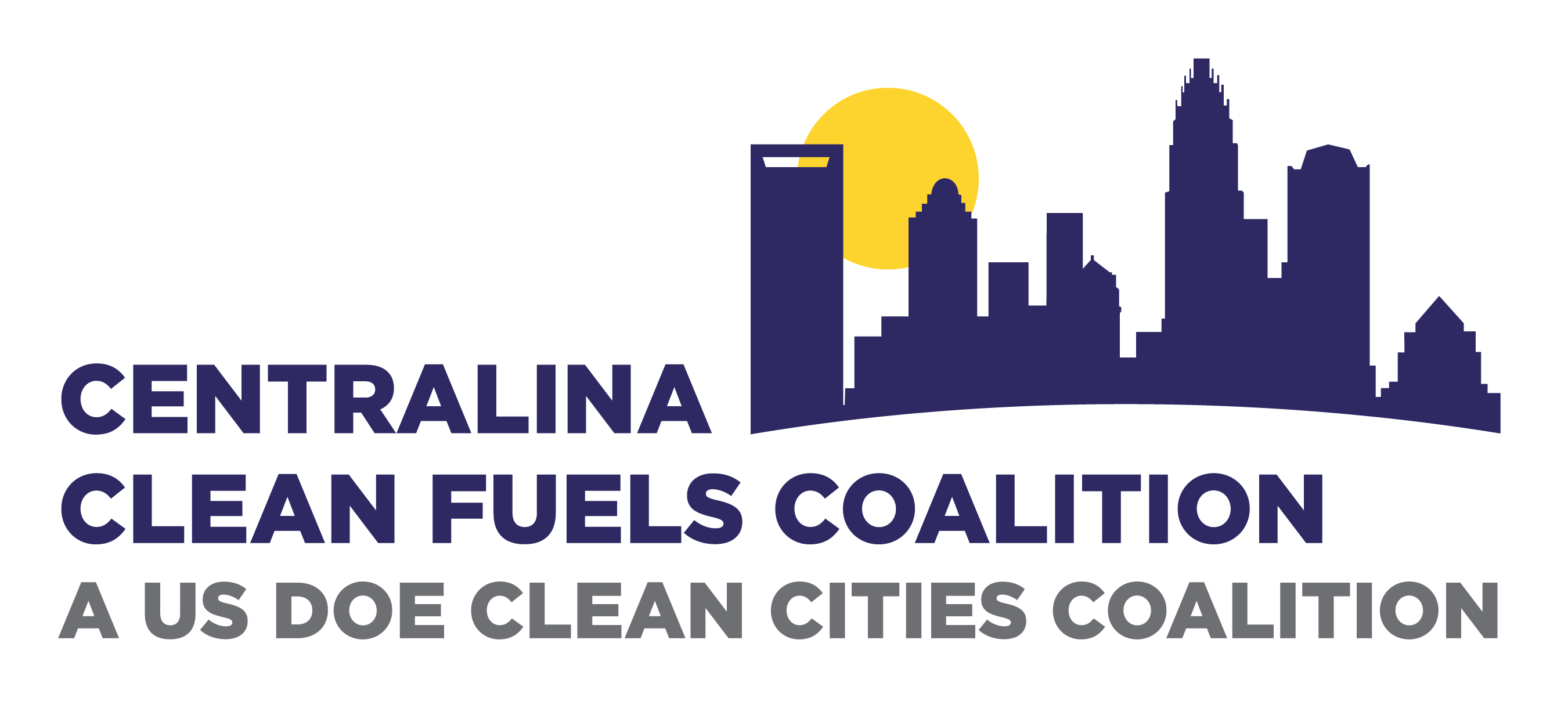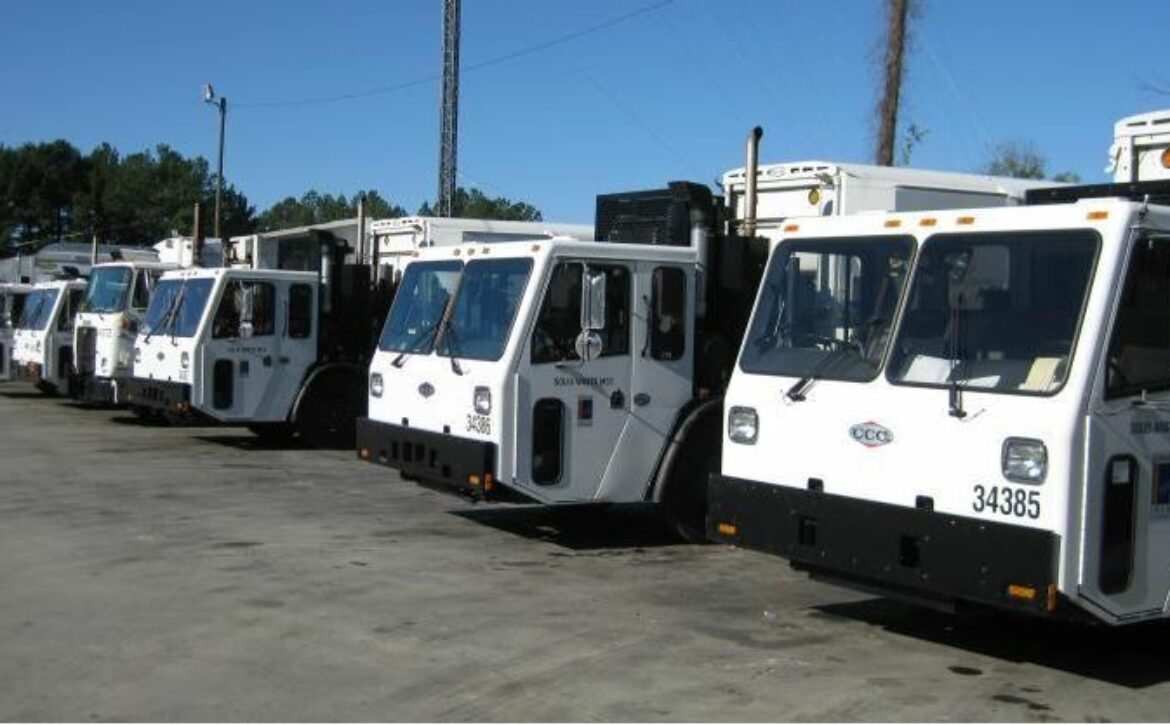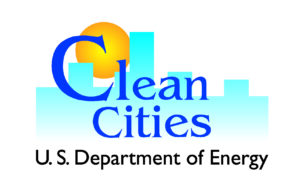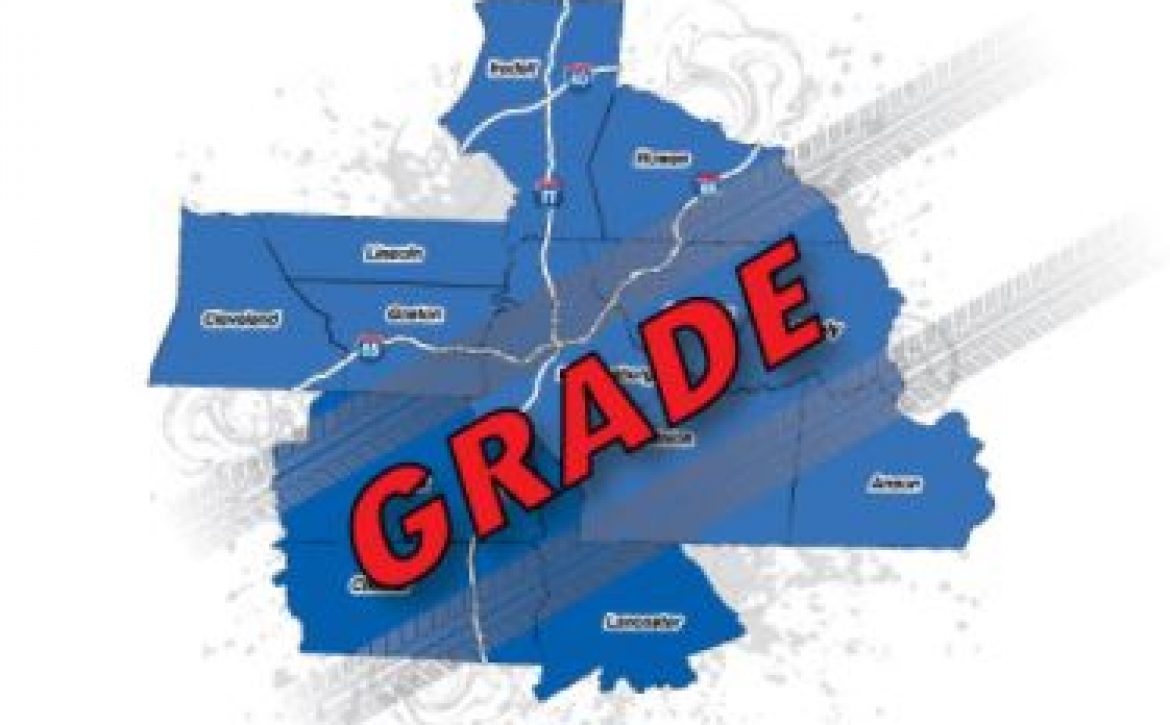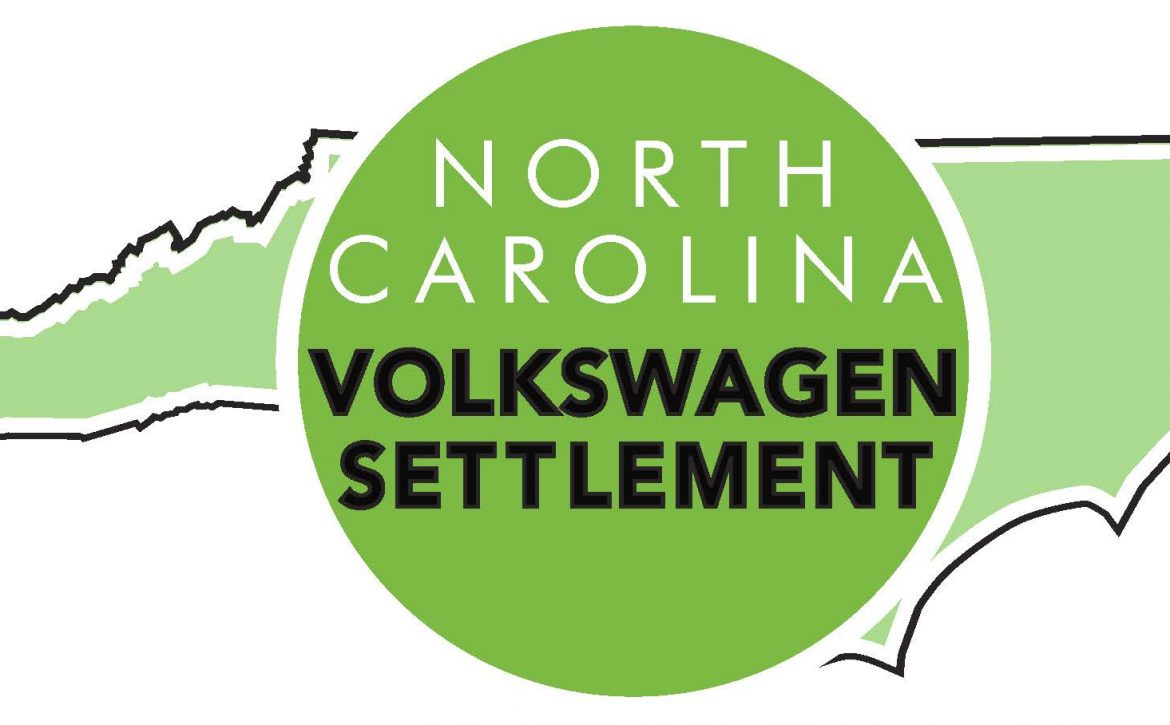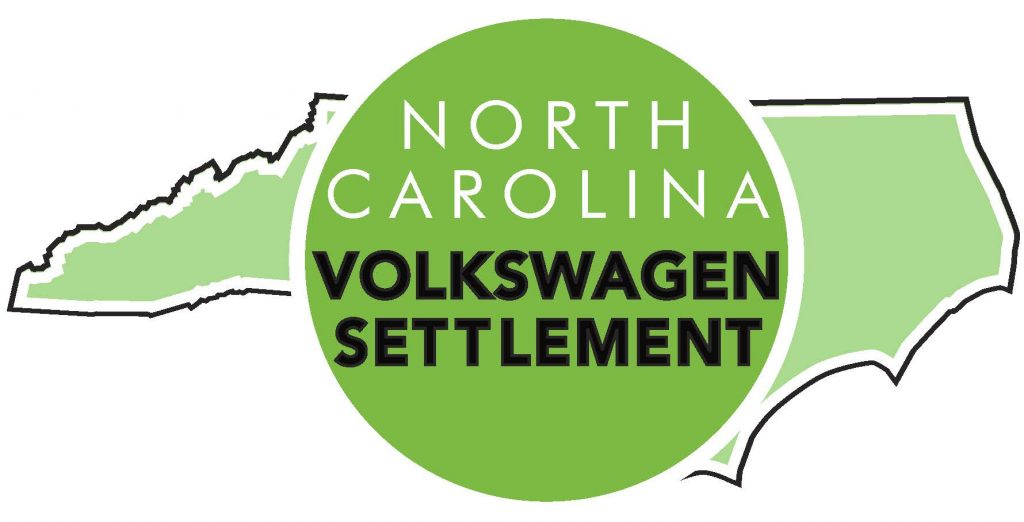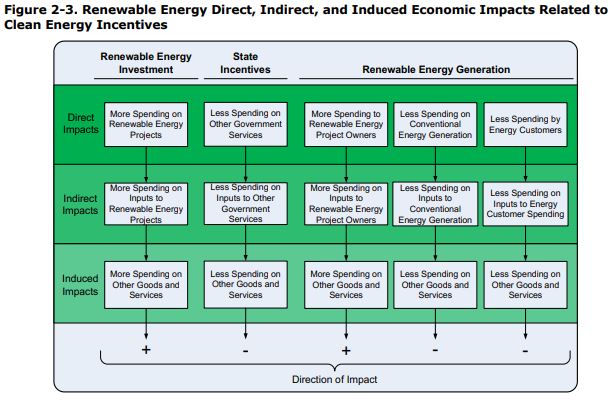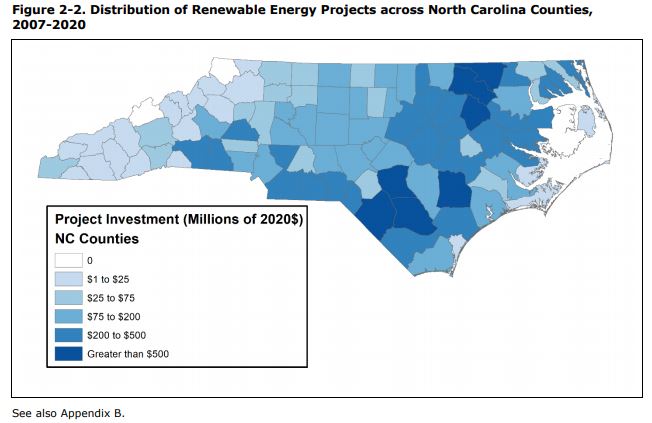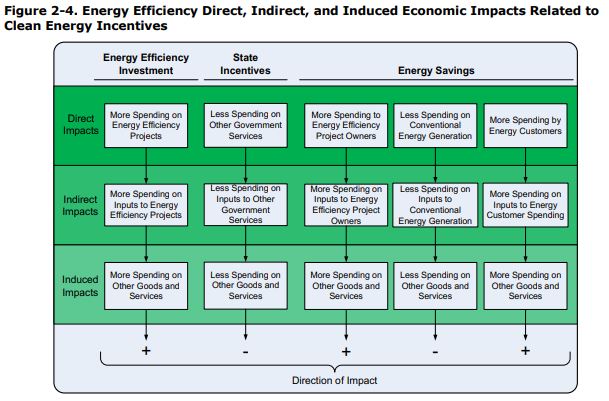2021 DERA Request for Proposals Now Open
The North Carolina Division of Air Quality will be accepting proposals to fund clean diesel projects beginning at 9:00 am September 15, 2021 through the North Carolina Division of Air Quality’s Grant Management System. Approximately $861,000 is available for eligible projects through the Mobile Source Diesel Emission Reduction Grant program. The grants can be used to cover a wide range of projects including repowering non-road construction or agricultural equipment with cleaner burning engines, converting vehicles to run on alternative fuels and replacing older diesel vehicles or eligible equipment with new cleaner vehicles or equipment.
Businesses and organizations from the public and private sector are eligible to apply. The division will prioritize funding for non-road equipment projects, but proposals for on-road and other eligible projects will be considered if funding is available.
Applications must be submitted through the North Carolina Division of Air Quality’s Grant Management System no later than 11:59 pm Eastern Time on November 30, 2021 to be considered. More information on eligible projects and application instructions is available online at http://deq.nc.gov/about/divisions/air-quality/motor-vehicles-air-quality/mobile-source-emissions-reduction-grants.
The 2021 Diesel Emissions Reduction Grant program is funded by the U.S. Environmental Protection Agency’s Diesel Emissions Reduction Act (DERA) program. The purpose of DERA funding is to support projects designed to achieve significant diesel emissions reductions.
NC DAQ held a question and answer session on September 22, 2021 and October 27, 2021 to assist with the application process for this year’s grant. The question and answer session provided information on eligibility and how to request access, log into and use the Division of Air Quality’s Grant Management System. If you have any questions that you would specifically like to have addressed, please email them to daq.mscb.ncdaqgrants@ncdenr.gov.
For information on the WebEx webinar and a link to view a recording, visit:
https://ncdenrits.webex.com/ncdenrits/onstage/g.php?MTID=efa54a72ece3f7759f8d10aa31b9087dc
For more information about the Mobile Sources Diesel Emissions Reduction Grant program, please visit the state Division of Air Quality’s website at: http://deq.nc.gov/about/divisions/air-quality/motor-vehicles-air-quality/mobile-source-emissions-reduction-grants or via e-mail at daq.mscb.ncdaqgrants@ncdenr.gov.
